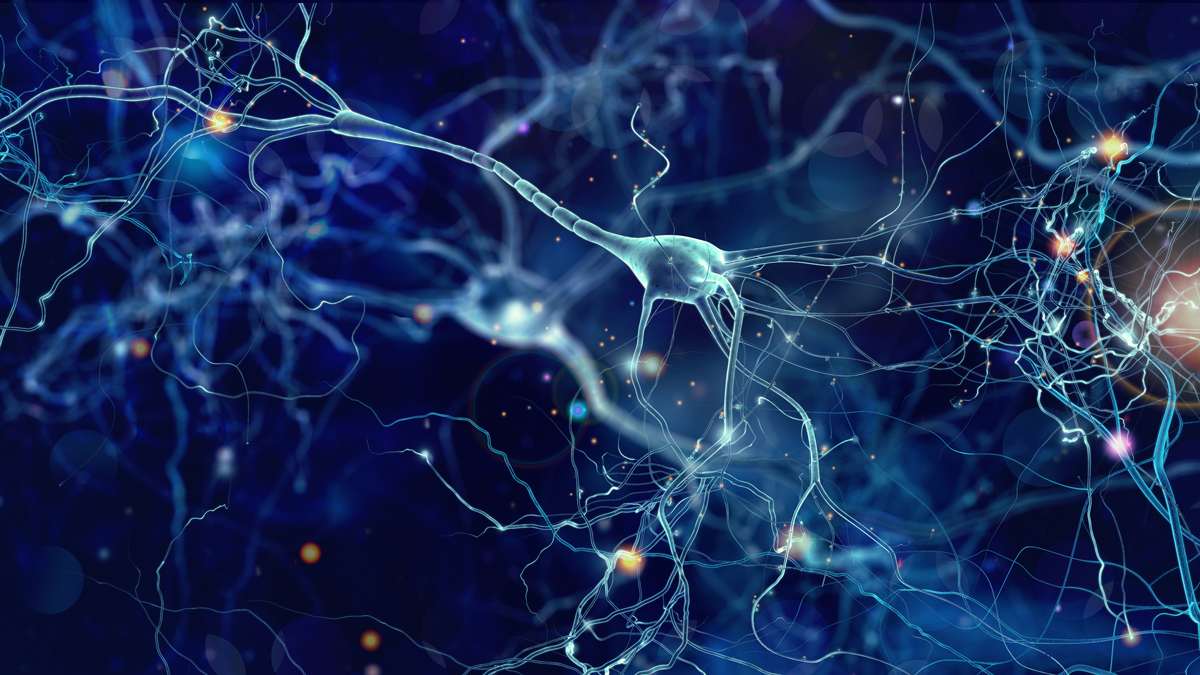It’s time to do better for patients with rare neurological disorders

Global Gene’s Craig Martin introduces a new patient identification initiative that strives to improve diagnosis and access to clinical trials for all patients with rare CNS conditions.
Rare diseases impact more than 30 million Americans, and 400 million people around the globe. Less than 5% of the more than 7,000 rare diseases have approved treatments. Looked at together, rare diseases should be a national, and global, health priority.
Recent estimates indicate nearly half of all rare diseases are neurological, and as many as 90% of all paediatric rare diseases have a major neurological (CNS) component to them. The average diagnostic odyssey for a rare disease patient is about 5-7 years. More than half of rare disease patients are children, and 1/3 of them will die by the age of five, so for those patients in particular the time spent waiting for a diagnosis can literally be a lifetime.
CNS impacts can rapidly advance with often devastating, painful, irreversible or deadly implications. (“Time is neurons” is an unfortunately telling expression I’ve heard many times from the rare community.) In some instances, the ability to identify and treat a disease early on can mean the difference between a child living a relatively normal life or missing the milestones most families take for granted, losing functions and the ability to communicate, and more.
In other cases, rare CNS conditions may be passed on from one generation to the next without knowledge or understanding that the reason for suffering or death among previous generations was genetic in basis and therefore identifiable, and perhaps even treatable.
To complicate matters further, CNS conditions are often very difficult to identify, characterise and treat. Doctors are often unfamiliar with these conditions. Information that might point to a condition is often scattered across health systems and specialists. Doctors are heavily reliant on the observations of parents or caregivers and are constrained by the ability of the patient to convey symptoms they are experiencing.
Fortunately, we are now experiencing significant progress in gene therapy and other platform approaches targeting rare diseases, with a number of them focused on devastating CNS conditions. As these promising therapies move into clinical development, we need to ensure qualified patients are diagnosed, identified and engaged early on in drug development and aware of these trials so that these innovations have the best possible chance to make it to patients.
Understanding the needs of underserved patients
As we think about these issues, challenges and opportunities, we also need to understand and more carefully consider the needs of underserved patients – including from communities of colour – as they are often impacted differently by their experiences in the health system, not diagnosed and/or are underrepresented in clinical trial programmes.
Led by Global Genes, the Patient Identification and Engagement for RARE CNS Disorders (PIE4CNS) initiative was launched to identify high-priority opportunities for impact on the most critical issues affecting inclusive, timely and accurate diagnosis and identification of rare CNS patients, and their involvement in research and care. We are supported by a growing group of companies (including Passage Bio, Alexion, SIO Gene Therapies and Taysha Gene Therapies) and other organisations who see the same urgency and need to do better.
Patients and caregivers need and deserve effective tools, easier and more equitable access to genetic and other tests, and an ability to share and assess data and information that may support a clear diagnosis and identify a patient for treatment or access to clinical trials.
We invite others interested in making progress on this issue to join us, and to inform us of other efforts underway with similar goals. This is and should be a priority for our health system. We need to work together to solve it. The need is real, and immense, the stakes are high, and the time is now.
About the author
 Craig Martin, CEO Global Genes, is focused on helping organisations that are advancing innovative technologies or facing disruptive changes to transform markets and build commercial success and value in the process. He has more than 25 years’ experience working with innovative companies spanning biotech, health tech, digital health, healthcare and wellness markets, and deep expertise in brand strategy, communications, integrated marketing, digital and data-driven engagement, business development, policy and advocacy.
Craig Martin, CEO Global Genes, is focused on helping organisations that are advancing innovative technologies or facing disruptive changes to transform markets and build commercial success and value in the process. He has more than 25 years’ experience working with innovative companies spanning biotech, health tech, digital health, healthcare and wellness markets, and deep expertise in brand strategy, communications, integrated marketing, digital and data-driven engagement, business development, policy and advocacy.













